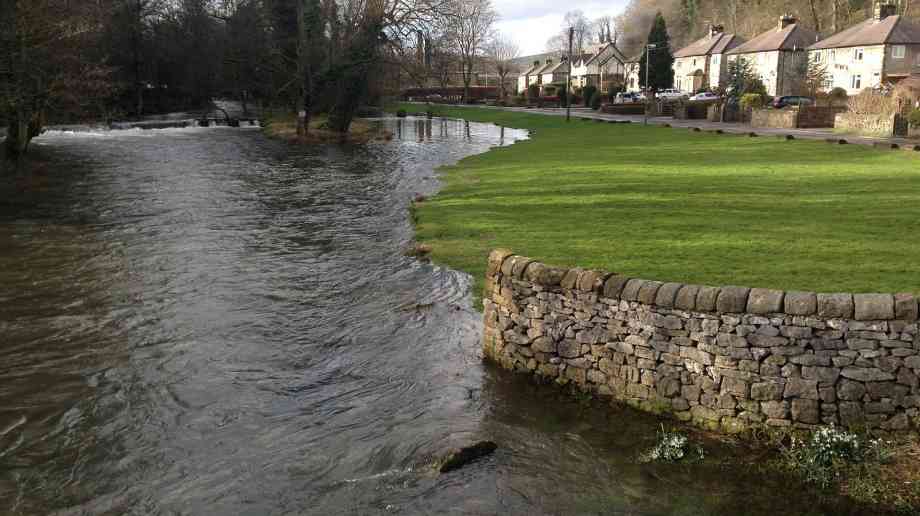Sue Robb of 4Children talks to Julie Laughton and Alison Britton from the Department for Education about the role of childminders in delivering the 30 hours free entitlement.
Increased housing development escalate flood risk

The Public Accounts Committee has warned that more extreme weather as a result of climate change and increased housing development will continue to increase the UK’s flood risks.
MPs say that the impacts of climate change can already be seen in the increasing strain on existing flood defences. Only half of the defences damaged in the 2019-20 winter floods have had their standard of protection restored.
The committee claims that the Department for Environment, Food and Rural Affairs has not addressed the problem of prohibitive insurance costs imposed on the recently flooded or removed the obstacles to households taking up their own flood resilience measures.
Additionally, despite a government policy not to build on flood plains ‘unless unavoidable’, the Environment Agency thinks there could be an increase of up to 50 per cent in the number of houses built on flood plains over the next 50 years. Although the Environment Agency is working with the Ministry of Housing, Communities and Local Government, responsibility for surface water flooding, worsened by developments in urban areas, sits with the local authority. Scarce local authority resources, now under further extreme strain from the pandemic, and low levels of private sector investment are hampering England's flooding response.
The committee says neither Defra nor the EA understand enough about the significant decline in the proportion of flood investment going to deprived areas since 2014, or about the wide variation in the level of flood defence investment per property at risk across regions.
Meg Hillier, chair of the Public Accounts Committee, said: "Damaging floods are becoming more and more frequent and with climate change extreme flooding events are not going to just go away. With public finances stretched to the limit, government and the Environment Agency have to do more to make sure limited funds for flood defence and risk management are spent effectively. The risks to our homes, businesses, national infrastructure, food supply and whole ecosystems are not even being properly monitored, much less strategically mitigated.
You can see the next major housing and building regulations scandal brewing here - the government is simply not doing enough to protect the UK’s current housing stock from floods or stepping in to prevent new homes being built on flood plains, and more needs to be done to tackle the prohibitive home insurance costs that result."
David Renard, environment spokesperson for the Local Government Association, said: “Flooding events have a devastating impact on households and businesses and councils are seeing first-hand the impact it has on their communities. We are pleased the inquiry highlights the need for better understanding of whether funding to each local authority matches the level of flood risk it faces.
“It is also good that the committee has taken on board the LGA’s suggestion that building regulations should include mandatory flood protection measures in new builds such as raised electrical sockets, fuse boxes and sealed floors. Councils agree that more needs to be done to address the difficulties those recently flooded have in getting affordable insurance, and also want to work with government to ensure that reforms to the planning system are able to support sustainable development in areas at high risk of flooding.”
Company Focus
Just Lanyards is a subsidiary name of Gifts 2 Impress Limited, who have been trading for over 25 years, we therefore pride ourselves in having endless experience covering all aspects of the promotional merchandise industry.
Event Diary
UKREiiF has quickly become a must-attend in the industry calendar for Government departments and local authorities.
The multi-award-winning UK Construction Week (UKCW), is the UK’s biggest trade event for the built environment that connects the whole supply chain to be the catalyst for growth and positive change in the industry.
Supplier Profiles
Geo Energy
At GeoEnergy Design, we're on a mission to disrupt the traditional way heating and cooling ha
Latest Features
Professor Harith Alani, director of the Knowledge Management Institute at the Open University explains how AI can be used for good and bad.
Alex Lawrence, head of health & social care, techUK sets out techUK’s Five Point Plan for CareTech.

















